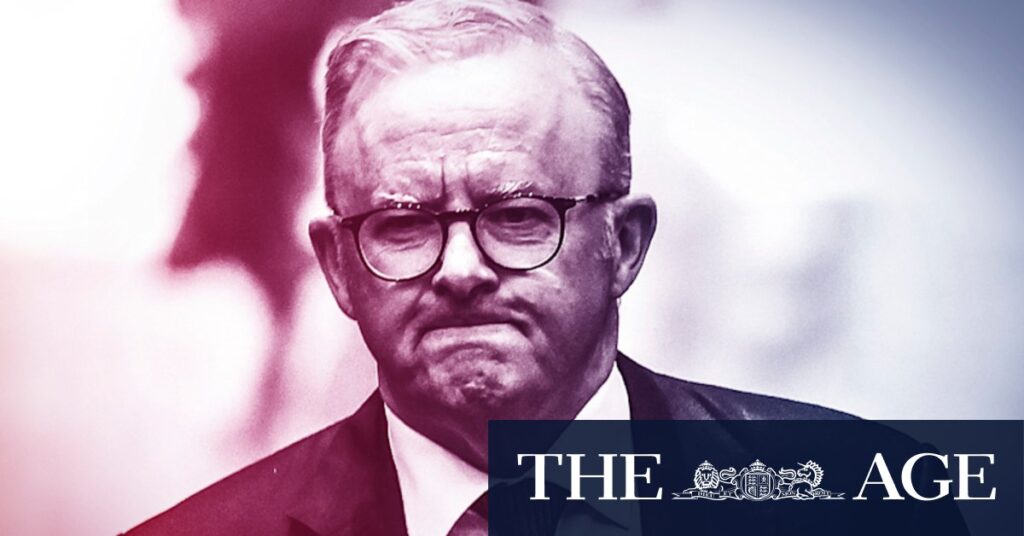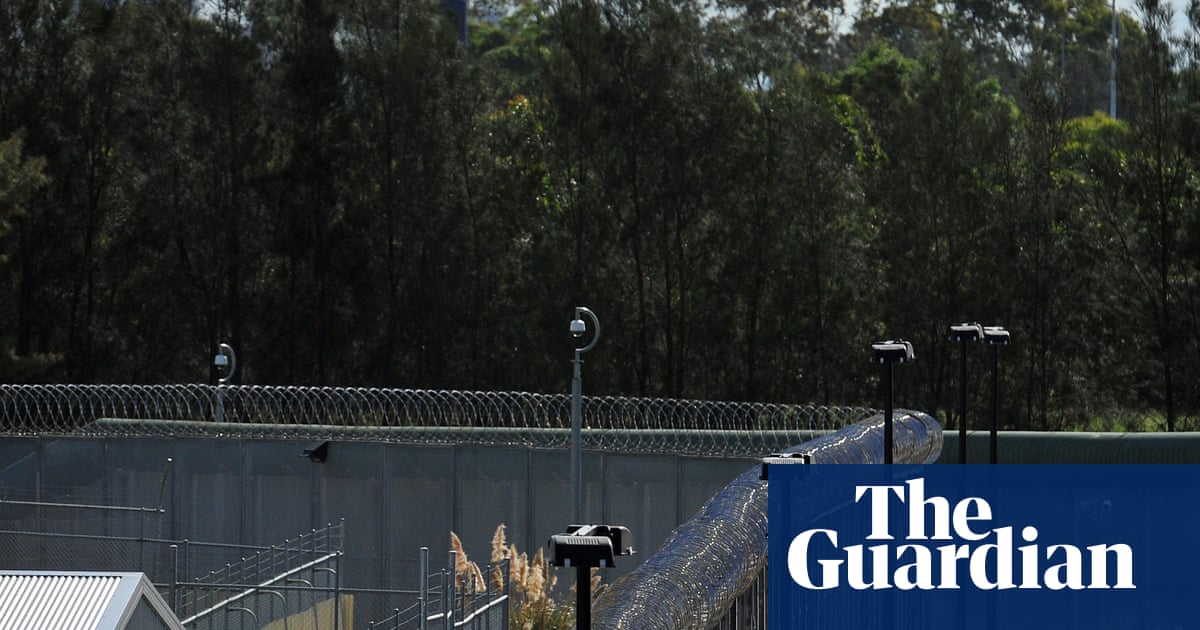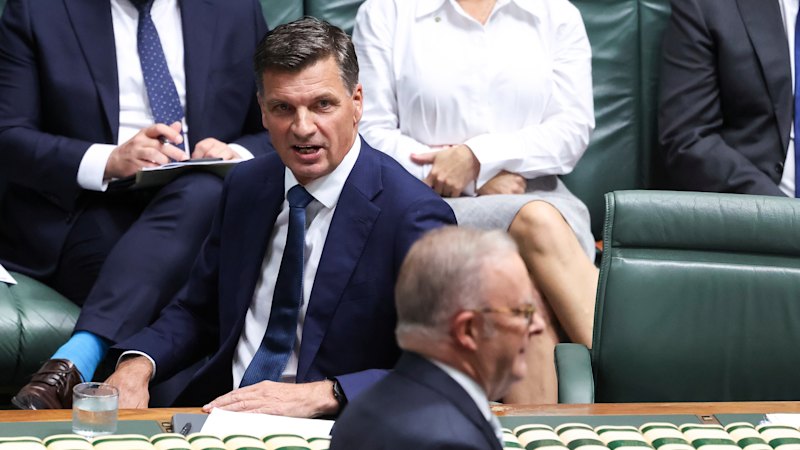
Amid growing discussions on economic reform, a recent poll reveals Australian voters’ reluctance to support changes to the Goods and Services Tax (GST) and other tax reforms. The survey, conducted by RPM, shows that only 20% of respondents favor altering the current 10% GST rate, with a significant 47% opposing any change. This sentiment is consistent across various demographics, including Labor supporters, retirees, and both low- and high-income earners.
Meanwhile, the idea of expanding the GST base to include sectors such as financial services and fresh food garners limited support, with just 23% backing the proposal and 40% opposed. These findings highlight a broader hesitance towards tax reform, despite ongoing debates about its necessity for economic growth.
Capital Gains Tax and Housing Market Implications
On Monday, the Labor-aligned McKell Institute released research advocating for changes to the capital gains tax (CGT) concession. The proposal suggests increasing the concession from 50% to 70% for investors constructing new apartments or units, while reducing it to 35% for those purchasing existing detached homes. The institute argues this could result in an additional 130,000 properties by 2030, aligning with the government’s target of 1.2 million new homes by the end of the decade.
The RPM poll indicates a moderate level of support for adjusting CGT concessions, with 36% in favor and 37% undecided. Opposition stands at 27%, primarily driven by Coalition voters, 35% of whom do not support the change. Among higher-income respondents, more individuals support the reform (38%) than oppose it outright (31%).
Historical Context and Political Challenges
Labor’s history with tax reform dates back to the 2019 election, where it campaigned on overhauling both CGT and negative gearing. However, the party’s unexpected defeat led to a reevaluation of its policy strategies. The current poll reveals that less than a third of voters support reducing or eliminating negative gearing, with 31% backing the change and 43% uncertain.
Support for reform is highest among Labor voters and high-income individuals (35%), while Coalition supporters show the least enthusiasm at 26%. These figures underscore the political complexities surrounding tax reform, as both major parties navigate voter sentiment and economic realities.
Coalition’s Role and Public Sentiment on Negotiation
While the poll results serve as a cautionary note for the government, they also convey a critical message to the Coalition. Only 18% of respondents believe the Coalition should oppose major reforms outright. Instead, a significant 57% advocate for negotiation and consensus-building with the government. This sentiment is echoed by 58% of Coalition voters, with retirees showing the highest support for negotiation at 69%.
The public’s preference for collaborative policymaking reflects a broader desire for stability and effective governance amid economic challenges. This week, independent MP Allegra Spender is set to host a tax discussion with experts, emphasizing the need for comprehensive tax reform to secure the nation’s future.
Priorities and Economic Outlook
As the government faces mounting pressure to address economic issues, voters have identified key areas for reform. Health emerges as the top priority, with 25% of respondents emphasizing its importance, followed closely by housing at 24%. Economic and financial reform is deemed crucial by 21% of those surveyed.
Regarding fiscal policy, 37% of respondents advocate for reduced government spending to maintain a budget surplus, while only 14% support higher taxes to sustain current spending levels. Another 28% believe the government should continue its spending and accept a budget deficit.
Despite the complexities of economic reform, a notable portion of the electorate appears willing to endure personal sacrifices. Forty-one percent of respondents express readiness to make sacrifices for reform, with Labor voters (45%) and higher-income individuals (47%) leading the charge. Conversely, Coalition voters (37%) and the unemployed (30%) are less inclined to make such concessions.
Looking Ahead: The Path to Reform
As discussions on tax reform continue, independent MP Allegra Spender underscores the urgency of addressing the issue. “Tax reform can help young people get ahead, help our businesses thrive, and help us transition our energy as cheaply as possible,” she stated, highlighting the potential long-term benefits of a reformed tax system.
With the government’s economic roundtable on the horizon, the coming weeks will be crucial in shaping Australia’s economic policy landscape. As political leaders and experts convene to discuss potential reforms, the challenge lies in balancing voter sentiment with the need for sustainable economic growth.





